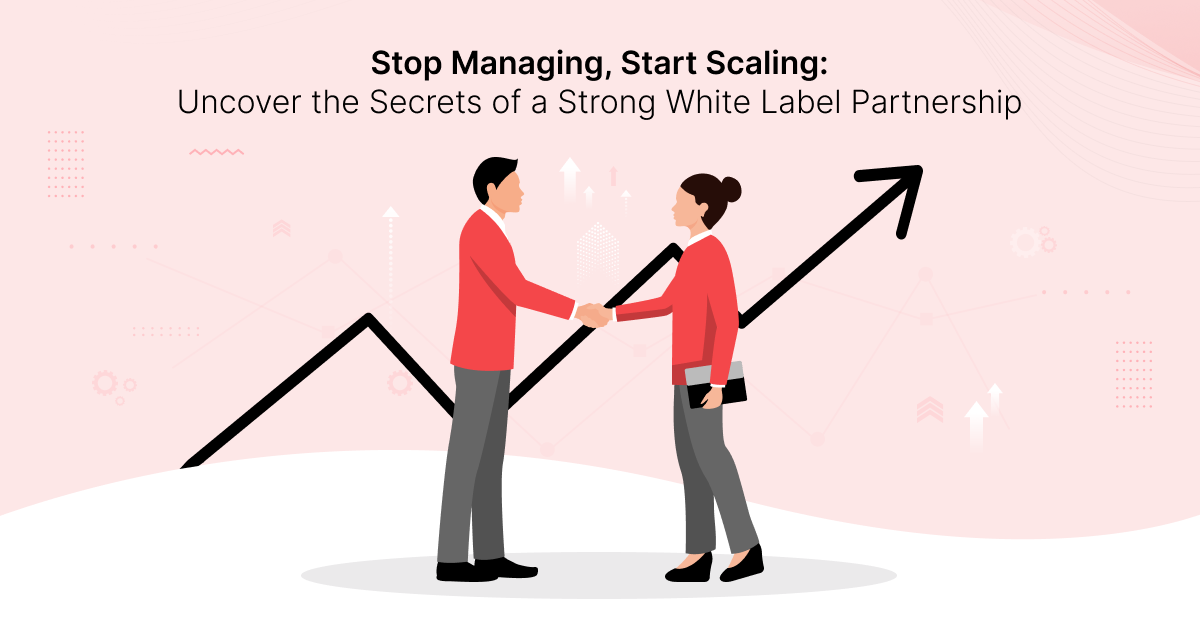
If limited resources leave you feeling stumped for an effective way to scale your agency, establishing a strong white label partnership with a reputable business may just be the thing to get you on your way.
It’s not uncommon for fledgling businesses to aspire to greater things, only to have those aspirations cut down by limited budgets or a lack of the right in-house talent.
As you’ll read in this guide, outsourcing web development work can help you expand your client base, and generate additional revenue that can help you grow.
Still, not all collaborations run smoothly, which is why it’s so important that both sides work together to ensure any partnership endeavor proves beneficial for both, you and your clients.
Below, UnlimitedWP reveals our most valuable insights into what it takes for a white label agreement to be successful.
What is White Label Web Development?
White label web development is essentially a strategic collaboration between your agency and a web development outsourcing partner who completes your client’s projects under your branding. This working relationship allows you to expand your service offer without the significant burden of hiring an in-house development team.
For example, say you’re a fledgling digital marketing agency with aspirations of growth. The more great work you do for your clients, the more they trust you as their sole go-to for all their digital needs, including WordPress web development.
Long-term loyalty is beneficial for your business. However, development projects can often be complex and resource-intensive, requiring specialist knowledge, and technical expertise that may be outside your existing team’s scope.
Even if you do have a seasoned developer on the payroll, the increased demand is more than they can be reasonably expected to manage.
That’s where a white label partner comes in. The agency you work with completes your clients’ projects for you, and then hands them over so that you can present them to clients as if the entire thing were built in-house.
You still retain responsibility for client-facing tasks like developing a strategy, design consultation, and overall project management while your partner agency works quietly behind the scenes to complete development tasks such as:
1. Site Development and Redevelopment
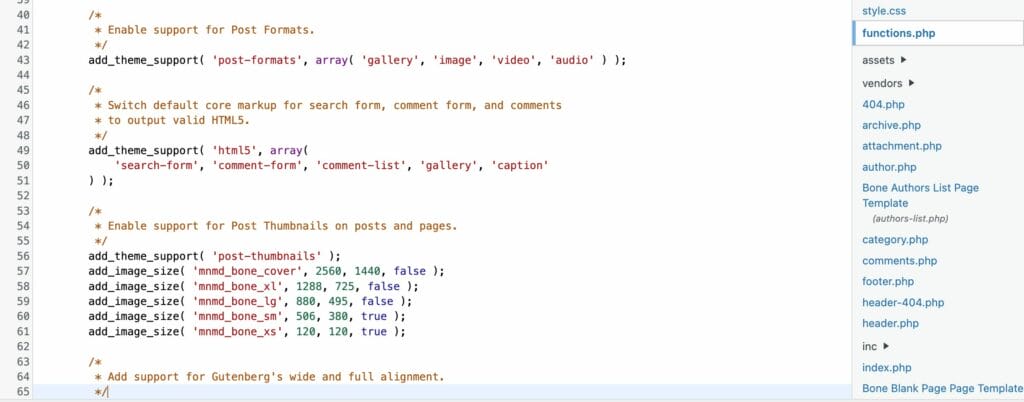
Whether it’s building a new site from scratch for a new business or revamping an outdated online store that no longer cuts it into today’s mobile-first world, developers specialize in coding WordPress solutions to client’s exact specifications.
2. eCommerce Solutions
WooCommerce may do an excellent job of turning WordPress into an all-powerful eCommerce solution, but it’s not always the easiest tool for beginners to set up.
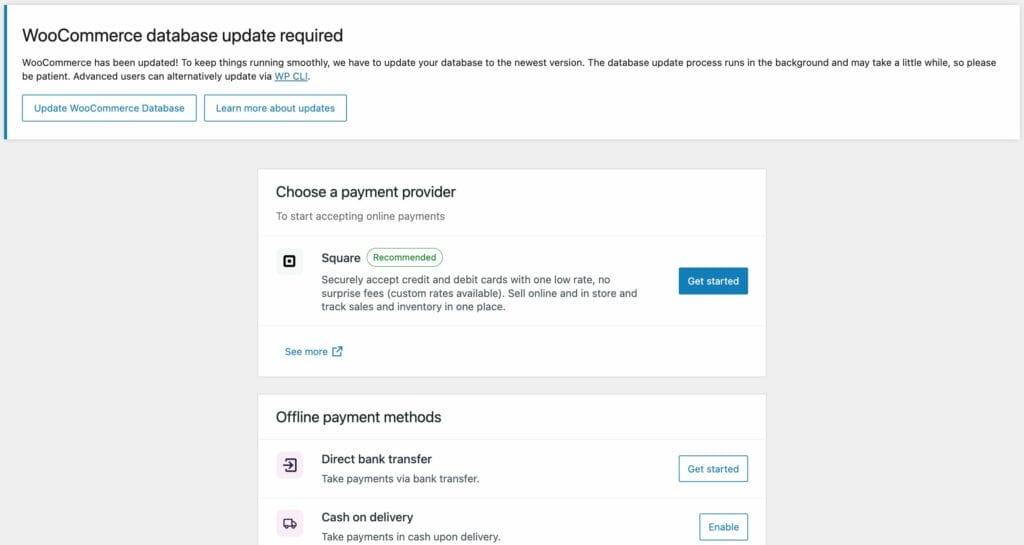
A developer can handle the setup process, payment integrations, and WooCommerce customizations to give your client’s business the best possible start.
3. Theme and Plugin Customization
Your client may already have the perfect WordPress theme picked out but need help setting it up, and customizing it with their content and branding.
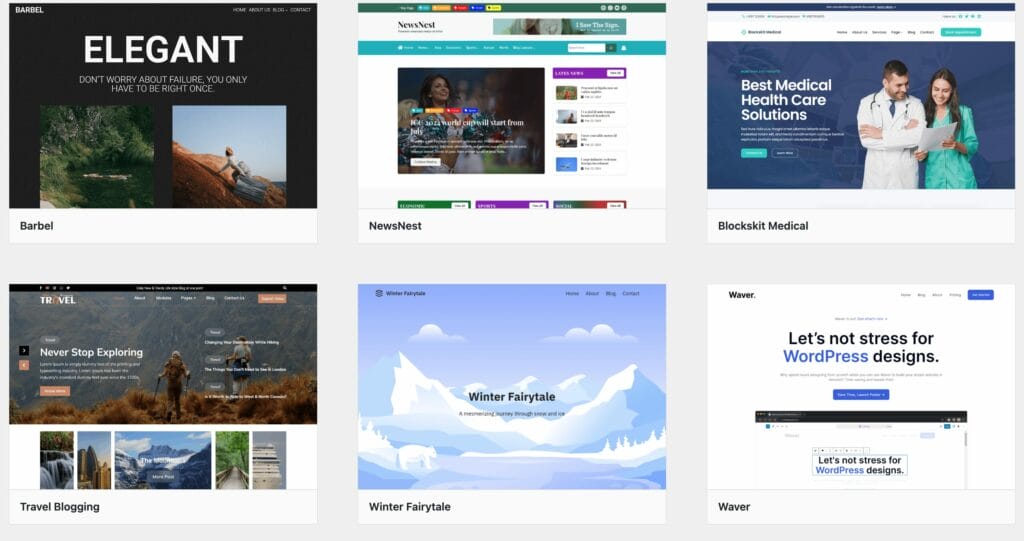
Alternatively, it may be that out-of-the-box themes don’t quite meet the unique needs of those clients, requiring a completely customized solution.
A WordPress developer can handle both tasks and develop custom plugins to enhance WordPress’s functionality.
4. WordPress Maintenance
One of the many aspects that make WordPress an industry leader is that the platform is regularly updated to keep it optimized for speed and security.
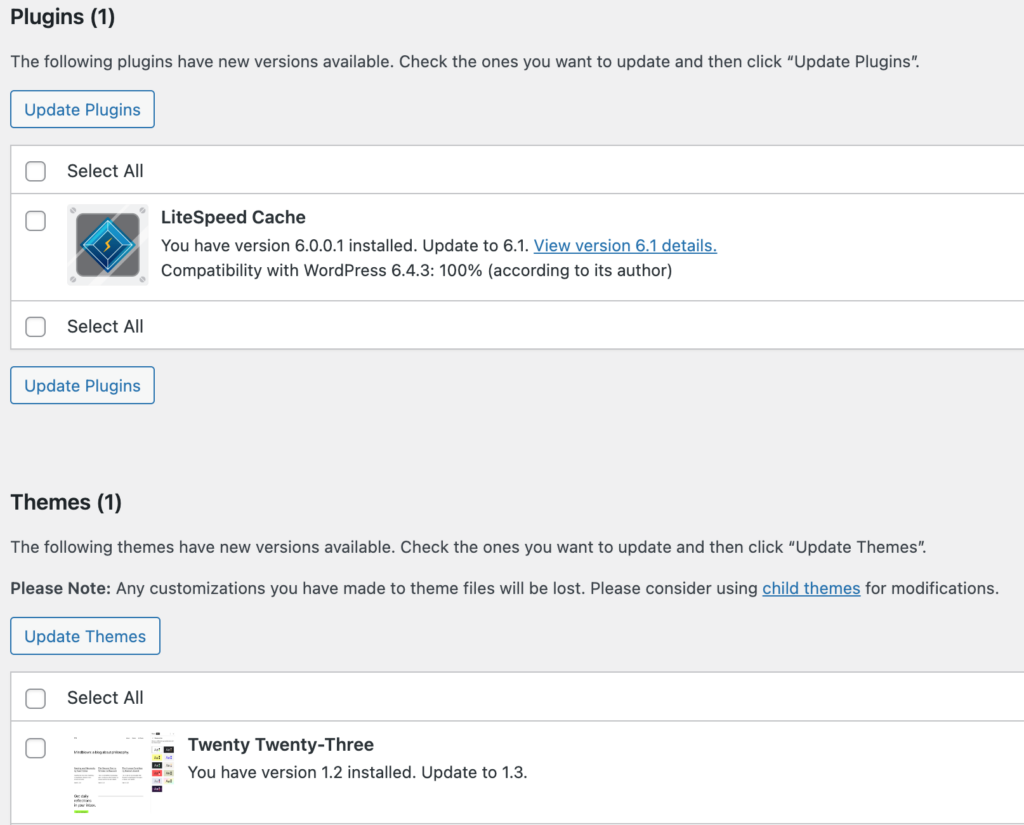
A WordPress maintenance service can handle these updates on your client’s sites and other crucial tasks such as backups, bug fixes, and malware scans.
The Benefits of Working With a White Label WordPress Agency
Outsourcing WordPress development to an experienced agency opens up new avenues for your agency to grow. It gives you the freedom to focus on what your agency does best while still meeting your client’s evolving needs.
Without the time and energy required to manage an in-house development team, you can focus more on strengthening client relationships, and improving your core services.
The benefits don’t end there. Working with a white label agency also empowers you to scale your business by:
- Expand Your Portfolio: Outsourcing is by no means reserved for client requests that catch you off guard. The real strength of a white label arrangement is that you always have a skilled team on hand when you need them. This allows you to incorporate web development services into your core offer, and attract new clients.
- Boost Client Retention Rates: You might be the only agency your clients trust for content strategy and digital campaigns. However, if you don’t have access to a white label web developer, those clients are still forced to go elsewhere for their WordPress projects. Being able to say “yes” to projects you used to say “no” to helps you enhance your standing as a one-stop shop for everything clients could need from you.
- Increased Revenue: The beauty of white labeling is that you typically sell the finished product for more than you paid. This extra revenue can be channeled back into your business, allowing you to invest in the resources and talent you need to scale efficiently and effectively.
How to Ensure a Successful White Label Partnership?
Working with a partner agency can help your business grow without a significant investment, but that growth is all dependent on the strength of that partnership.
As an agency that specializes in white label WordPress development, we’ve learned a thing or two about ensuring a fruitful working relationship. Here’s what we’ve found to be the true secrets to success.
1. Do Your Research
The key to any strong partnership is picking the right partner in the first place. There may be an abundance of web developers out there, but how many are truly a good fit for your agency?
Before you dive in, take some time to research potential collaborators, paying attention to the following key factors:
- Experience and Expertise: Does the development team have a proven track record in developing websites similar to the type of projects you want to offer? Do they specialize in specific areas, such as custom plugin development or eCommerce solutions? If so, how closely does that skillset align with the needs of your agency and its clients?
- Quality Work: Can the outsourcing agency demonstrate a talent for producing high-caliber websites that exceed expectations, and adhere to industry standards? Does their website boast testimonials from satisfied clients like the one agency Guru, Brent Weaver produced for UnlimitedWP?
- Cost Effectiveness: Does a partnership with your preferred agency make financial sense? The bigger the margin between outsourcing costs, and the amount you can charge clients, the more revenue you generate. The more revenue you generate, the more you can commit to a solid, long-term growth plan.
- Brand Alignment: Does the agency share your values, design philosophy, and unwavering commitment to client satisfaction? Since they’ll be producing work on your behalf, you need to be confident that you can trust them with your brand’s reputation.
- Company Culture: How does your potential white label partner operate? Does your approach to teamwork and open, honest communication match yours? Whether it’s a one-off project or long-term collaboration, both sides need to mesh to ensure everything runs smoothly.
2. Open the Discussion
The nature of white label work may mean that a cursory online search doesn’t reveal everything you need to know. So, while it’s still essential to find out as much as possible about a potential partner, you won’t really know if they’re a good fit until you talk to them.
Having used your preliminary research to whittle down your options, be sure to book a discovery call that allows both parties to discuss what a working relationship might look like.
The best outsourcing agencies are those that don’t just give you the same one-size-fits-all presentation they show to every client but rather tailor the conversion to your agency.
They’ll take the time to learn about what you do, the type of clients you serve, and the type of projects you might be bringing them.
They should also be willing to answer any questions you have, such as:
- Do they have the capacity and infrastructure to scale alongside you? You need to ensure your partner can keep up with the extra demand as your client list grows.
- What is their process? Consider whether their typical workflow can blend with your own to ensure a successful project.
- What tools do they use for collaboration and communication? It’s important to know that you’ll have no problem with the platforms they might use to keep you informed of progress.
3. Clearly Define Your Brief
So, the discovery phase went well, you’ve found your ideal partner, and you’re ready to start work on your first project.
Before that work can truly begin, it pays to come up with as clear and detailed a brief as you can so that your developer understands exactly what is expected of them. A vague, confusing, or incomplete brief can really slow a project, as it will likely mean you spend more time going back and forth with your partner to get everything right than necessary.
Of course, getting it right the first time means you’ll first need to have an in-depth conversation with your clients.
While you’re doing so, get to know as much as you can about:
- The Project Scope and Expected Deliverables: Is this a fully functioning, enterprise-level website? A small online store for a niche retailer? Perhaps it’s plugin customization to integrate their bespoke CMS with their WordPress installation?
Noting the specifics of the project ensures that everyone is clear about what the finished product should be. Not only that, but it also helps to avoid what’s known as “scope creep,” a term used to describe additional tasks or deliverables that weren’t mentioned in the original brief.
Based on our experience, scope creep often results in delays and going over budget, something none of us -especially your clients- want. - Brand guidelines and style guides: This will ensure that the finished website will be consistent with your client’s brand identity.
- Roles and Responsibilities: What role will your agency play in this project beyond acting as a liaison between your client and your developer? Are you coming up with the content assets, or will they do this themselves?
- Timeline and Budget: Knowing when the client needs the project finished, and how much they have to spend on it helps you, and your white label developer set realistic expectations about what’s possible within that budget and timeframe.
4. Get a Written Agreement
Just because you’ve developed a great rapport with your developer doesn’t mean there’s no need to confirm your new partnership in writing.
A concrete written agreement that clearly outlines the project scope, timelines, costs, and responsibilities can prove invaluable for avoiding misunderstandings and establishing accountability. Ultimately, this can make a big difference to the success of your partnership.
5. Maintain Open Communication
Open communication lies at the heart of any good partnership. Not only should you be receiving regular progress updates from your white label partner, but you should be passing those updates on to your clients to keep them informed and involved throughout the project.
This works the other way, too; if the client’s requirements change or they have important questions, you’ll benefit from clear communication with your developer so that you can address concerns, find solutions to potential obstacles, and ensure all parties remain on the same page.
Why Start a White Label Partnership With UnlimitedWP?
Throughout this guide, you’ve learned the secrets of a robust white label partnership are really just the secrets of any successful collaboration:
- Finding the right partner
- Setting expectations
- Agreeing on roles, responsibilities, and outcomes
- Keeping in contact using clear communication
At UnlimitedWP, we’ve worked with scores of clients who consider us the right white label WordPress development agency for them. Thanks to our wealth of experience, and a large team of skilled specialists with the capacity and infrastructure to help them scale their agency.
To explore whether we’re the right partner for you, book your free demo call today.
